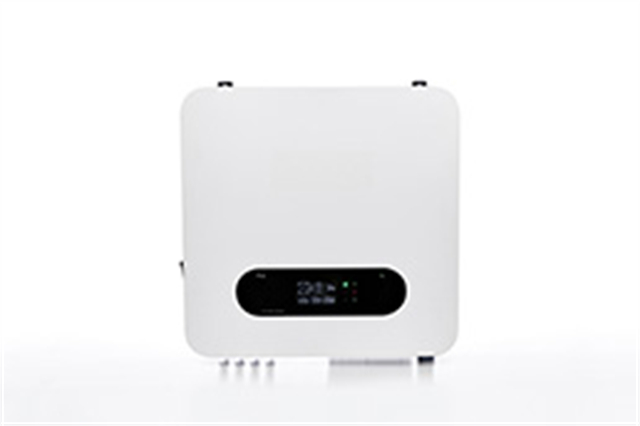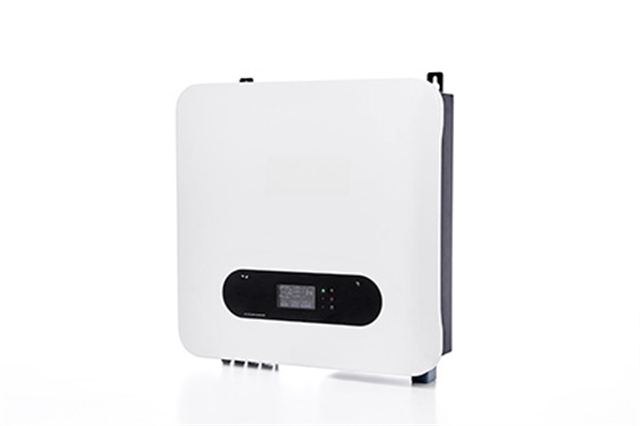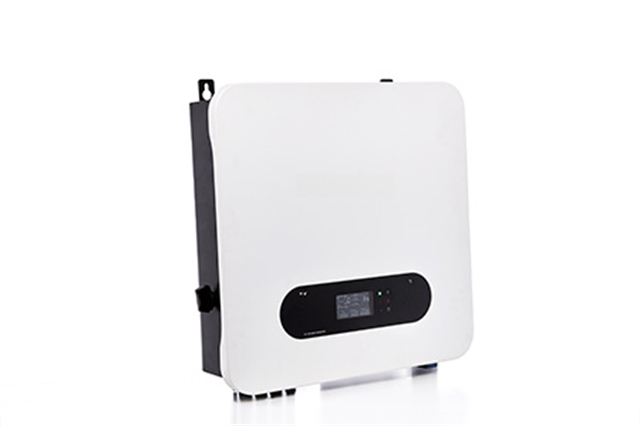Author:BLD Solar Energy SystemFROM:Solar System Converter Manufacturer TIME:2023-10-11
Choosing the Right Fronius On-Grid Inverter

When it comes to solar power systems, the inverter plays a crucial role in converting the DC electricity generated by the solar panels into AC electricity that can be used by our homes and businesses. With numerous options available in the market, selecting the right inverter is essential for maximum energy efficiency and system performance. One notable brand known for its reliable and high-quality inverters is Fronius. In this article, we will discuss the factors to consider when choosing the right Fronius on-grid inverter for your solar power system.

The first aspect to consider is the size and power output of your solar power system. Fronius offers a range of inverters that are suitable for different system sizes, ranging from small residential installations to large commercial projects. It is vital to match the inverter's power rating with the total capacity of your solar panels to ensure optimal performance and avoid any overload issues.

Fronius inverters are known for their high efficiency, which directly impacts the overall performance of your solar power system. Look for inverters with a high European Efficiency (ηEU) rating, as this indicates how effectively the inverter converts DC power to AC power. Additionally, consider the inverter's Maximum Power Point Tracking (MPPT) technology, which ensures that your panels operate at their highest efficiency levels even in varying weather conditions.
Investing in a durable and reliable inverter is essential for the long-term success and performance of your solar power system. Fronius inverters are known for their robust construction and high-quality components, ensuring they can withstand various environmental factors such as extreme temperatures, humidity, and dust. Look for models with excellent warranty coverage to provide peace of mind and protect your investment.
Fronius provides advanced monitoring and data management solutions, allowing you to closely monitor and analyze the performance of your solar power system. Look for inverters that offer comprehensive monitoring features, including real-time data, historical performance analysis, and remote accessibility. This information is valuable in identifying any potential issues or inefficiencies and maximizing your system's energy output.
When selecting a Fronius on-grid inverter, ensure it complies with all relevant grid standards and regulations in your area. Fronius inverters are designed with advanced grid interaction capabilities, including features such as voltage regulation and power factor control. Additionally, look for inverters with built-in safety features such as arc fault circuit interrupters (AFCI) and ground fault protection to ensure the safety of your system and personnel.
Consider the warranty and after-sales support offered by Fronius when choosing your inverter. A comprehensive warranty indicates the manufacturer's confidence in their product and ensures that you are protected against any potential defects or malfunctions. Additionally, check if Fronius offers reliable technical support and maintenance services to address any issues or provide assistance during the lifespan of your inverter.
If you are considering adding battery storage to your solar power system in the future, it is essential to choose a Fronius on-grid inverter that is compatible with storage solutions. This compatibility allows for easy integration and ensures optimal performance when storing excess energy generated by your panels for later use.
Finally, consider the cost of the Fronius on-grid inverter and its overall return on investment (ROI). While it may be tempting to choose a cheaper option, it is important to prioritize long-term benefits and quality. Investing in a high-quality inverter like Fronius will result in better performance, increased energy savings, and a higher return on your initial investment over time.
Selecting the right Fronius on-grid inverter is vital for the success and efficiency of your solar power system. Consider factors such as system size, efficiency, durability, monitoring capabilities, grid interaction, warranty, compatibility with storage solutions, and overall cost. By carefully evaluating these aspects, you can make an informed decision and ensure that your solar power system operates optimally, providing clean and reliable energy for years to come.
